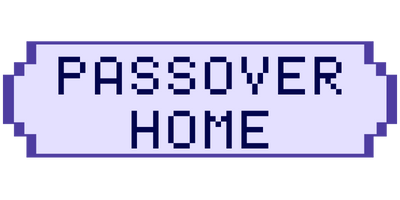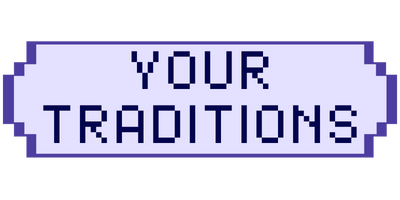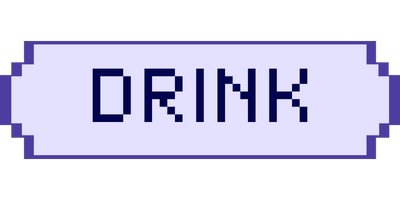
A New Take on the Wicked and Wise Children
By Guy Tabachnick
Like many Jews, one of my favorite holidays of the year is Pesach—it is, after all, the purest distillation of Gastronomic Judaism, a helpful reminder that we are also Jews with our stomachs. It’s also one of the best venues for another important mode of Judaism: Argumentative Judaism. The ritualized nature of the meal allows us not just to revisit our favorite foods (charoset, Joyva rings) and songs (Go Down Moses, which somehow got renamed Let My People Go during the process of reappropriation from the Black American tradition), but also our favorite arguments. Mine is about the Four Children. There is little to complain about in the Simple Child or the Child Who Does Not Know How to Ask, but the Wise and Wicked Children infuriate me. While there certainly are branches of Judaism for which the Wise Child represents wisdom and the Wicked Child represents wickedness, to me they do not. I believe that many Jews would agree with me that the nature of wisdom and wickedness implied by the Four Children is anywhere from useless to abhorrent, and as I try to reflect on what my Judaism means to me and what I would like to get out of Judaism, the Four Children encapsulate everything I hope to avoid.
In the translation of the Illuminated Haggadah, which my family adopted after spinning off from my great aunt’s seder, the Wise Child asks: “‘What are the duties, laws, and precepts which our Eternal God has commanded us?’” Had I grown up in an entirely unassimilated family, I probably would have asked a similar question. I was a curious and precocious child, and spent much of my early years sucking up information. I would gladly have spent hours learning the rules and precepts and trying to get my head around all the nuances of the “difficult law that one concludes the Pesach meal with the Afikoman”. But while I do love the aspect of Jewish thought that is legalistically obsessed with precepts, diving deep into millennia-old texts to determine how best to apply them to the modern world, this approach, to me, is not wisdom. Even after 25 years, I don’t know what the law about the Afikoman is and what is difficult about it, but I’m pretty certain it isn’t a thorny moral issue. If we take the morality of Judaism to be a rule-based morality by which we are to guide our lives, its value lies not in providing a cheat sheet for us to follow by the letter, but rather a set of guidelines that help us frame and conceptualize what it means to be a good person. Wisdom lies not in learning every rule and every commentary on those rules, but in knowing which rules to apply when, which to use as foundations for broader moral principles, and which to ignore entirely as being outdated and cruel. Precocity comes naturally to some children, but being a good person always requires work.
The Wicked Child addresses an entirely different problem in today’s Jewish communities: that of alienation. The child asks: “‘What is this service to you?’ To you, but not to me!” In the Haggadah, this question is treated as the ultimate betrayal of one’s Judaism, a declaration that one has “cut themselves off from the community and scorn[ed] our faith”. And the punishment awaiting the Wicked Child is accordingly harsh: “For, had you been there [in Egypt], you would not have been redeemed.” This is entirely unwarranted. Why would the Wicked Child ask somebody else what the service means to them? Because, to the Wicked Child, it means nothing. Would it be better for them to pretend that they do feel a genuine connection with the Jewish faith, to simply feel whatever an adult tells them to feel? No! This is dishonest. If a child, or anyone, is telling us that the Jewish traditions and life surrounding them ring hollow, we should thank them for their honesty and figure out what is missing. We should tell them what the service means to us, and why that’s important—not to judge them, but to share our earnest feelings with them and to figure out why theirs aren’t as strong. In an age where many Jews feel like the Wicked Child in their fading connection to Judaism, those who want to keep them in the faith should not be blaming them, but rather asking themselves what they can be doing differently.
In a sense, the Four Children exemplify many of the struggles of modern American Jews. They appear in one of the most memorable sections of one of the most beloved holidays, a holiday that is all about making a tradition and a sense of belonging out of duties, laws, and precepts. And yet, the Children themselves present retrograde ideas that, if taken to their logical conclusions, will only turn people away from Judaism. The solution—or, at least, my solution—is to treat the Four Children like I do a lot of Judaism: as something that is welcome because it is familiar and connects me with a long line of Jews coming down through the centuries, but also something that, when actually applying Judaism in my everyday life, is best left aside.








